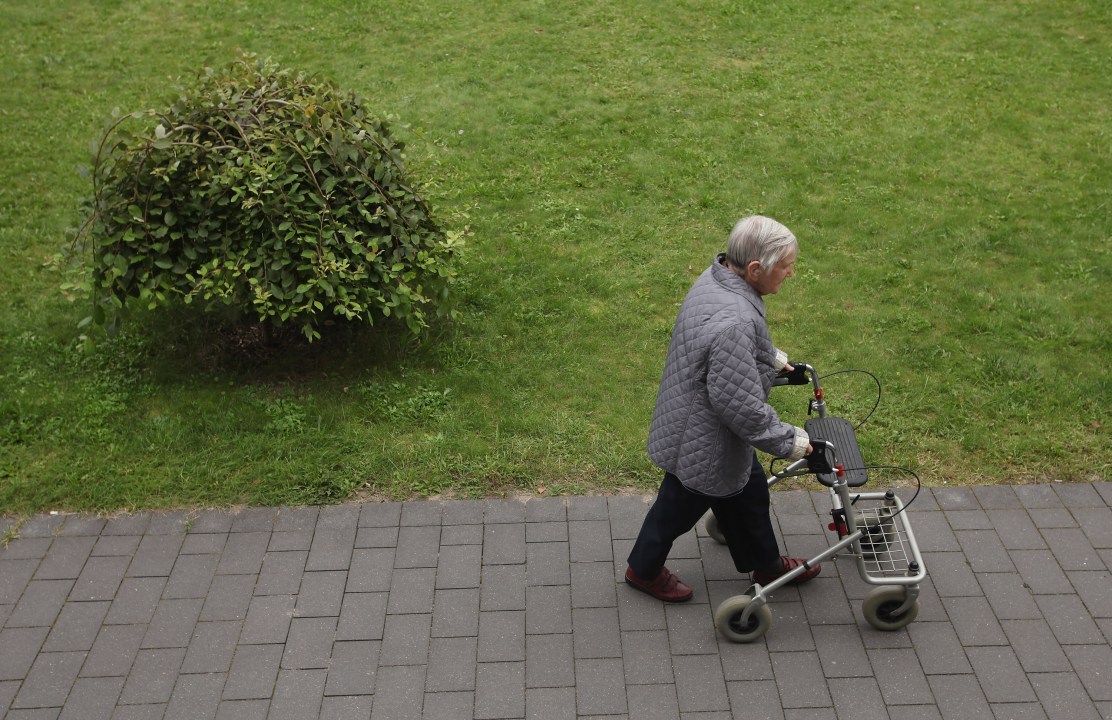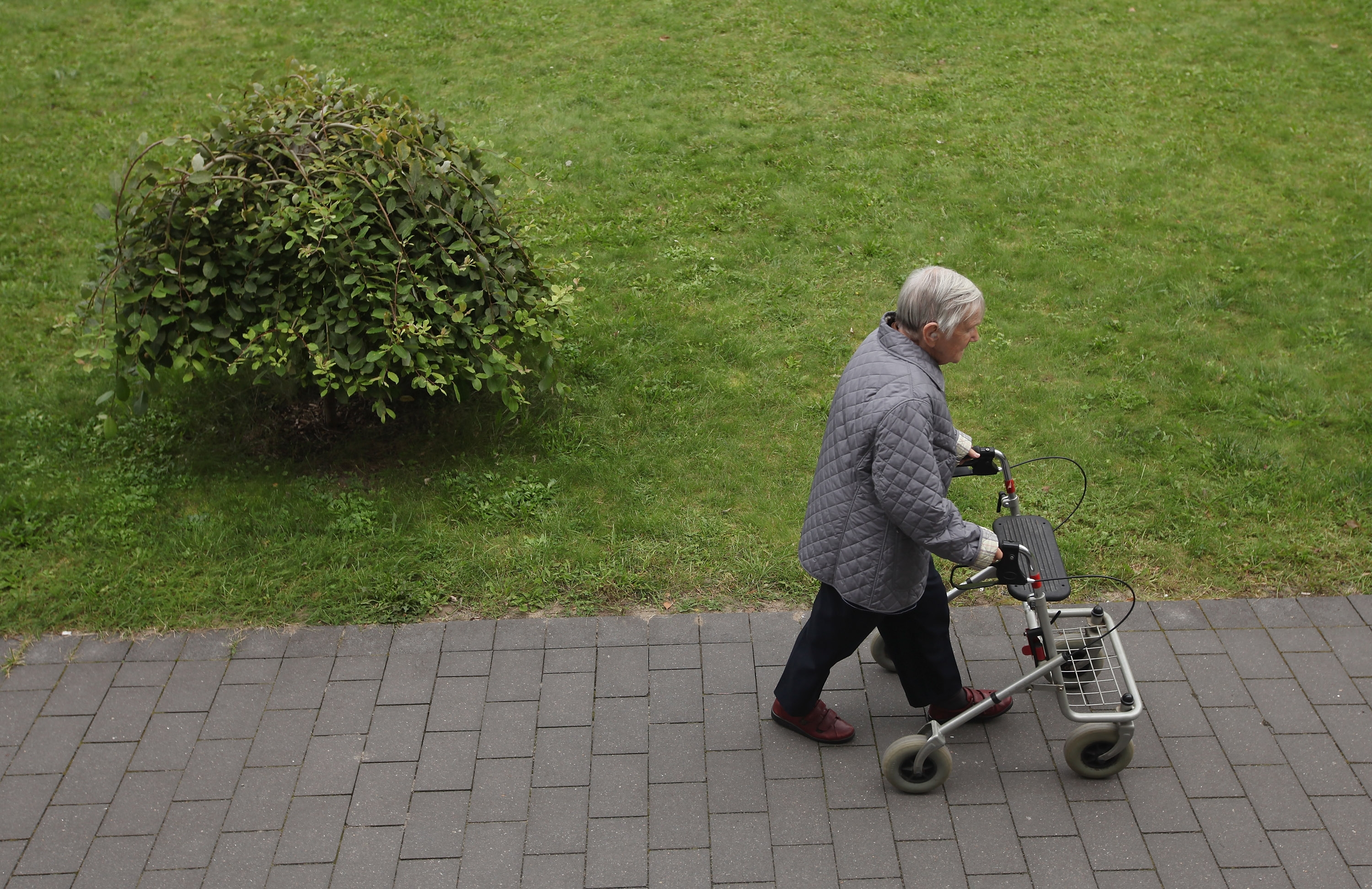Borders matter less than they used to. That’s not always apparent in this country protected as it is by the sea but on the continent frontiers are, once again, increasingly arbitrary and meaningless lines on a map. Modern Europe, in this respect, is beginning to look like an older Europe.
Consider the new German invasion of the east. Invasion is, of course, too hysterical a term. Nevertheless, according to this fascinating Bloomberg report, (hat-tip: Tyler Cowen) increasing numbers of German pensioners are moving to Poland and elsewhere in search of more affordable care to ease them through their final years. Not quite lebensraum then but you get the idea.
As many as one in five Germans say they would seriously consider sending their elderly relatives to a “foreign” nursing home. And why not? German insurance pays 1,500 euros a month for long-term care; the average German nursing home costs more than 3,000 euro a month. Costs in Poland are often less than half that and the German government will contribute 700 euros a month towards the cost of caring for German pensioners in Polish or Czech nursing homes. The logic is compelling. After all, for many Germans there is little functional difference between a nursing home 100 miles away in Germany and one 100 miles away that happens to be in a different country (albeit one that was for a long time also heavily-German).
And so:
The lure of elderly Germans with money in the bank has caught the attention of Polish entrepreneurs and owners of resorts that have seen better days.
One new facility has sought to transplant a piece of Germany into the Polish town of Zabelkow. Like Szklarska Poreba, Zabelkow is in Silesia, a region that had long been part of the German-speaking world. It was once ruled by Austria’s Habsburg Empire and by Prussia, eventually becoming part of Poland after World War II.
At the Zabelkow home, nurses speak German, the elevator announcement is in German and the kitchen comes from Robert Bosch GmbH. Residents dine on classic German meals, such as a cold supper of bread, cured meats and cheese, while German Bundesliga soccer stalwarts like Wolfsburg and Muenchengladbach face off on the large flat-screen television. The linens, the emergency-call system and the hospital gloves all come from Germany.
That is, increasingly, what European integration looks like. It’s not simply a question of daft directives emanating from the European Commission. It’s a continent in which borders are dissolving and in which individuals and their families have the freedom to live, work and, yes, die, in the places that make most sense for them. That’s a considerable advance for the better and a reminder, moreover, that migration is not a one-way journey from east to west.
Like everywhere else, Germany’s population is ageing. Costs for caring for pensioners are projected to double as a proportion of GDP by the time today’s students reach pensioner status. No country, I think, has really come to terms with the implications of this. For understandable reasons. That includes the United Kingdom. But doing so, I suspect, will require recalibrating expectations. Not just expectations for senior care but for the economy and labour market as a whole. Which in turn means recognising that population growth – spawned by increased birth rates or by immigration – is likely, for all its difficulties, to be less daunting than the problems caused by a lack of immigration and a declining work force.
And as so often, if we wish things to remain the same things will have to change.








Comments